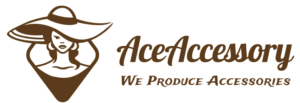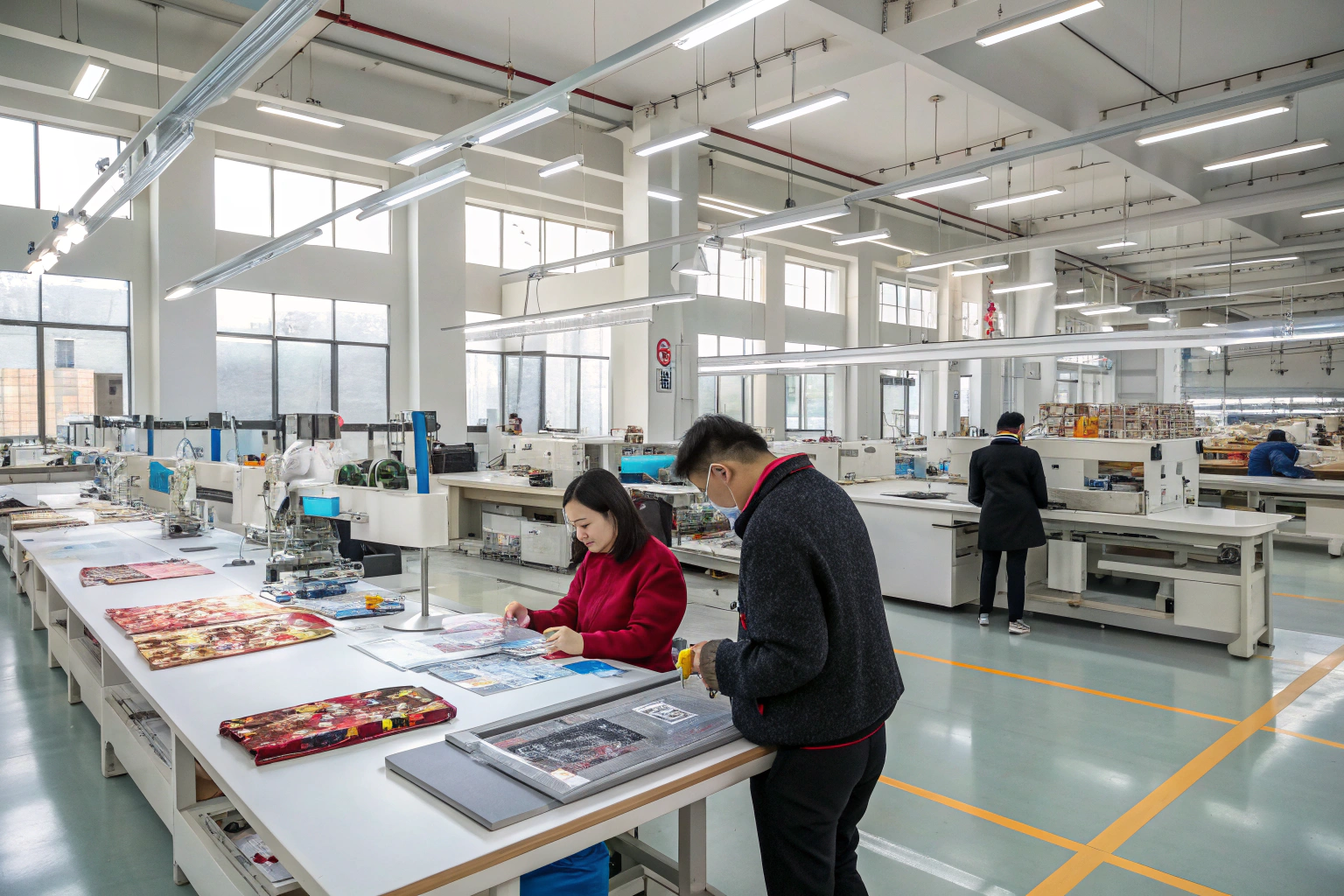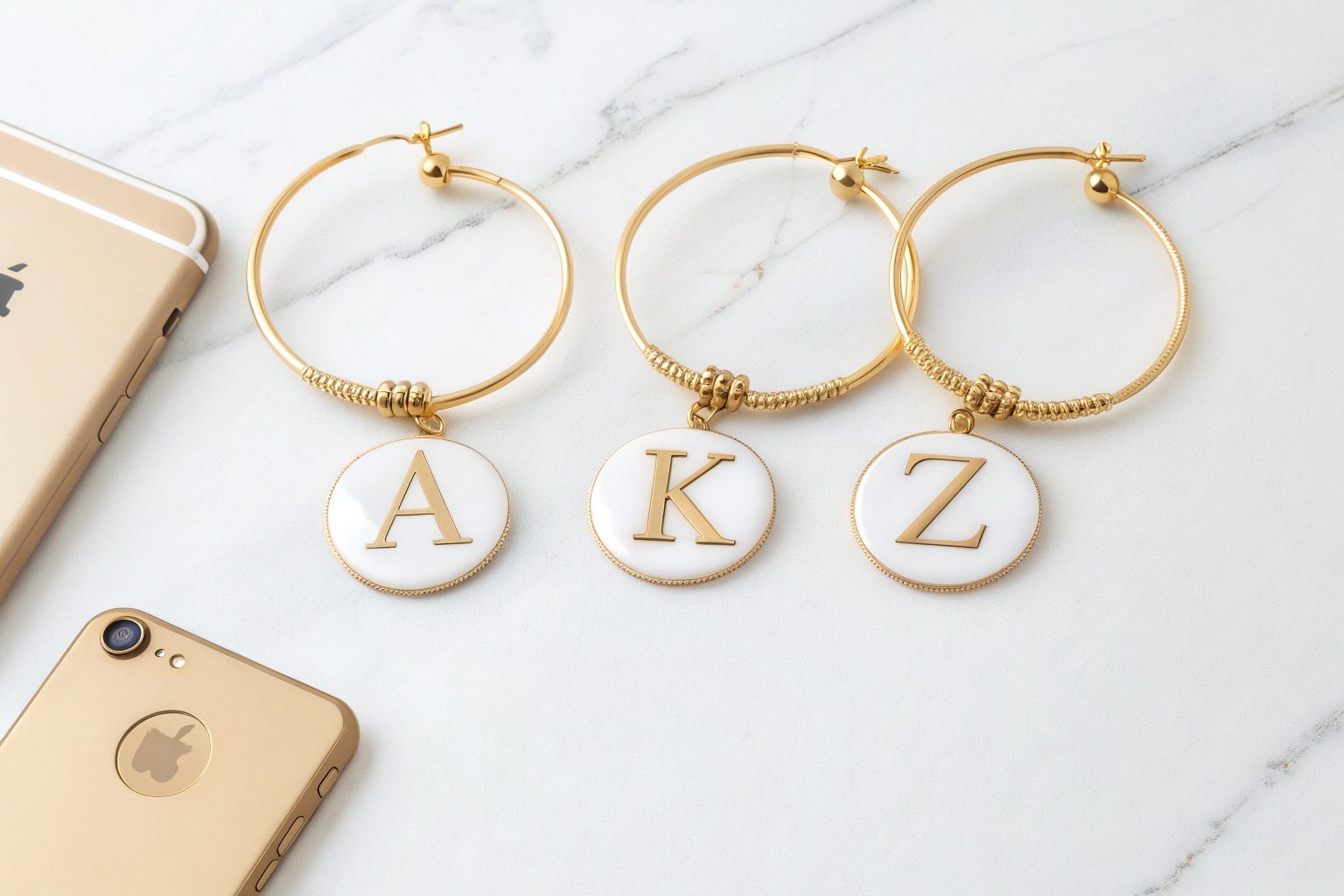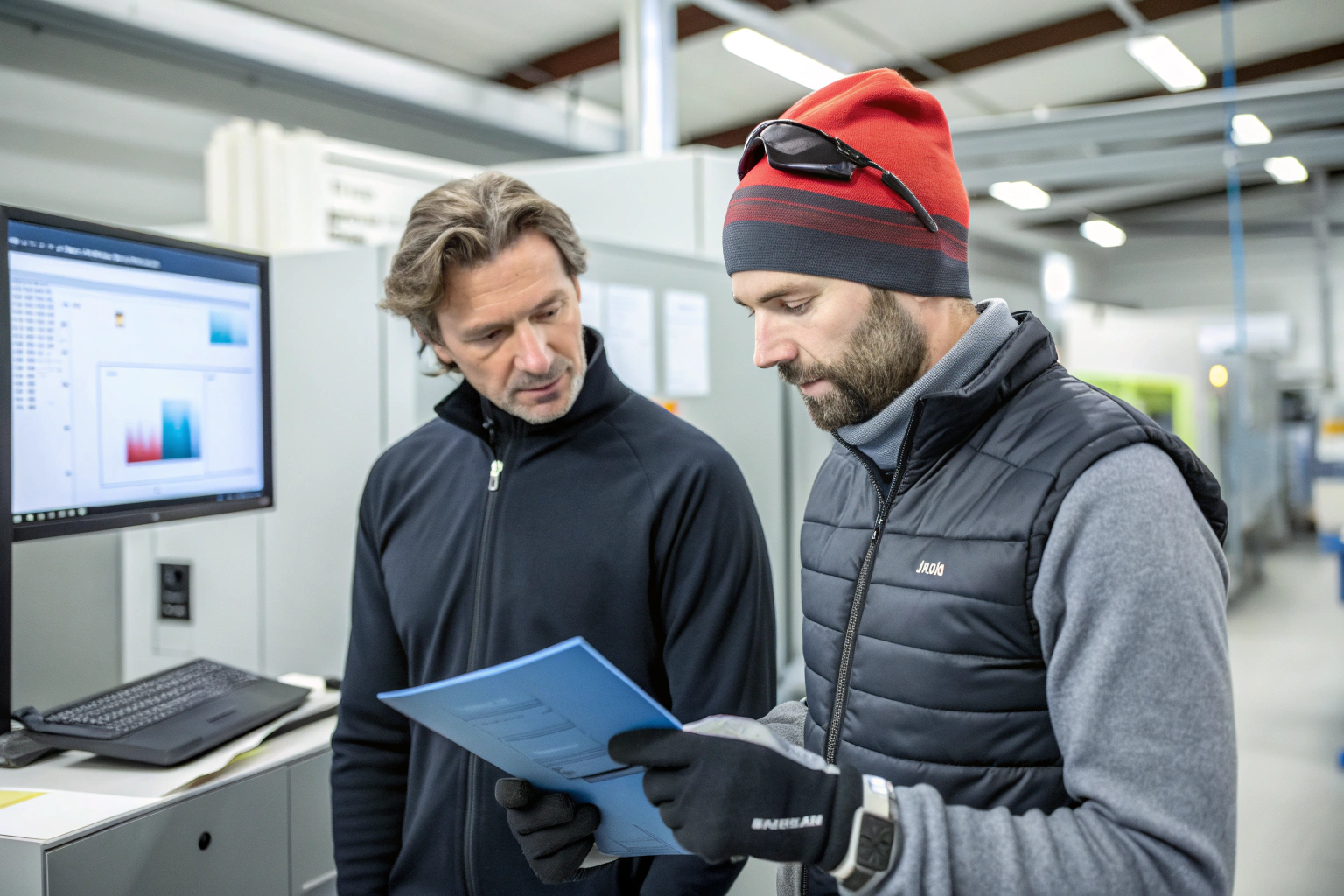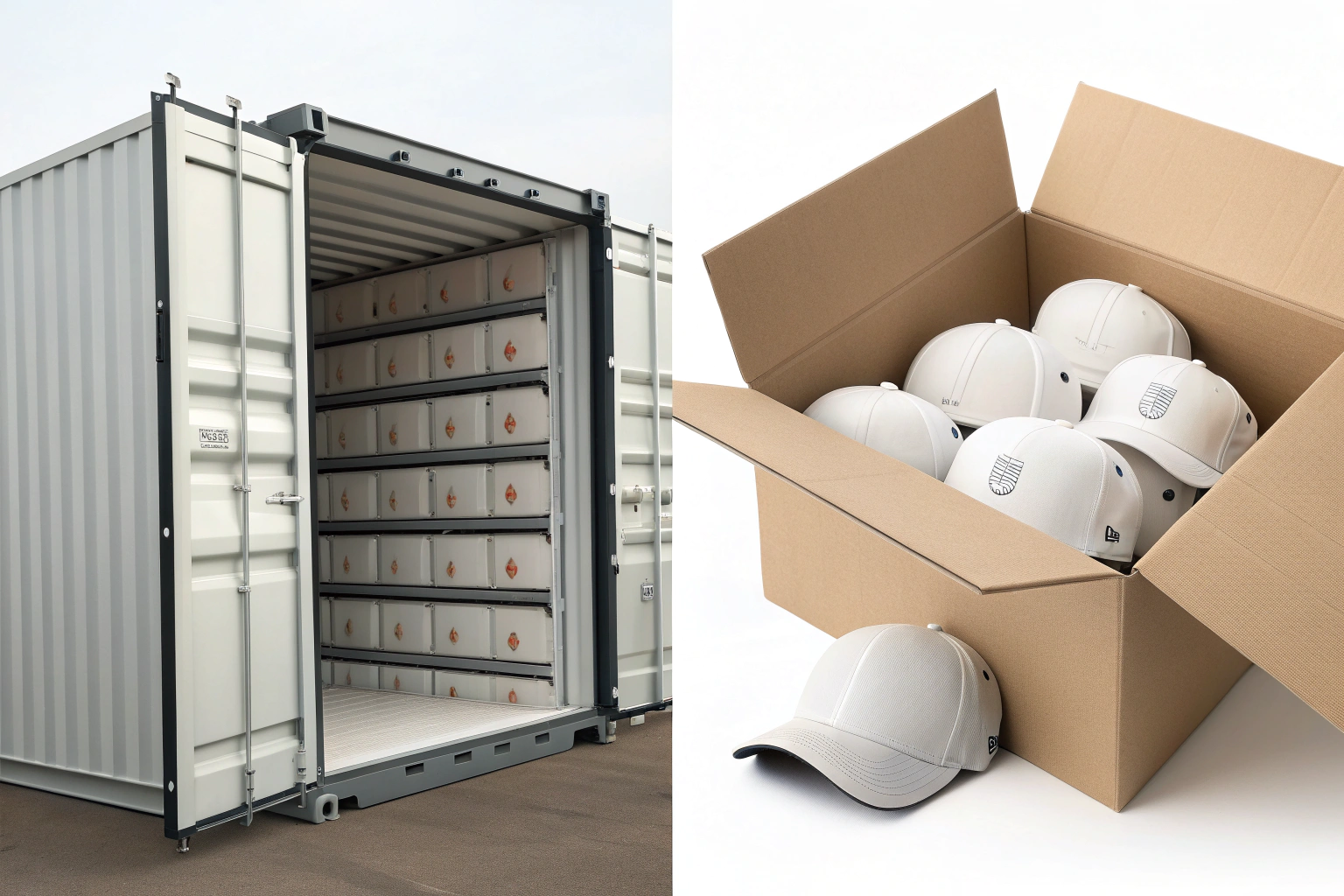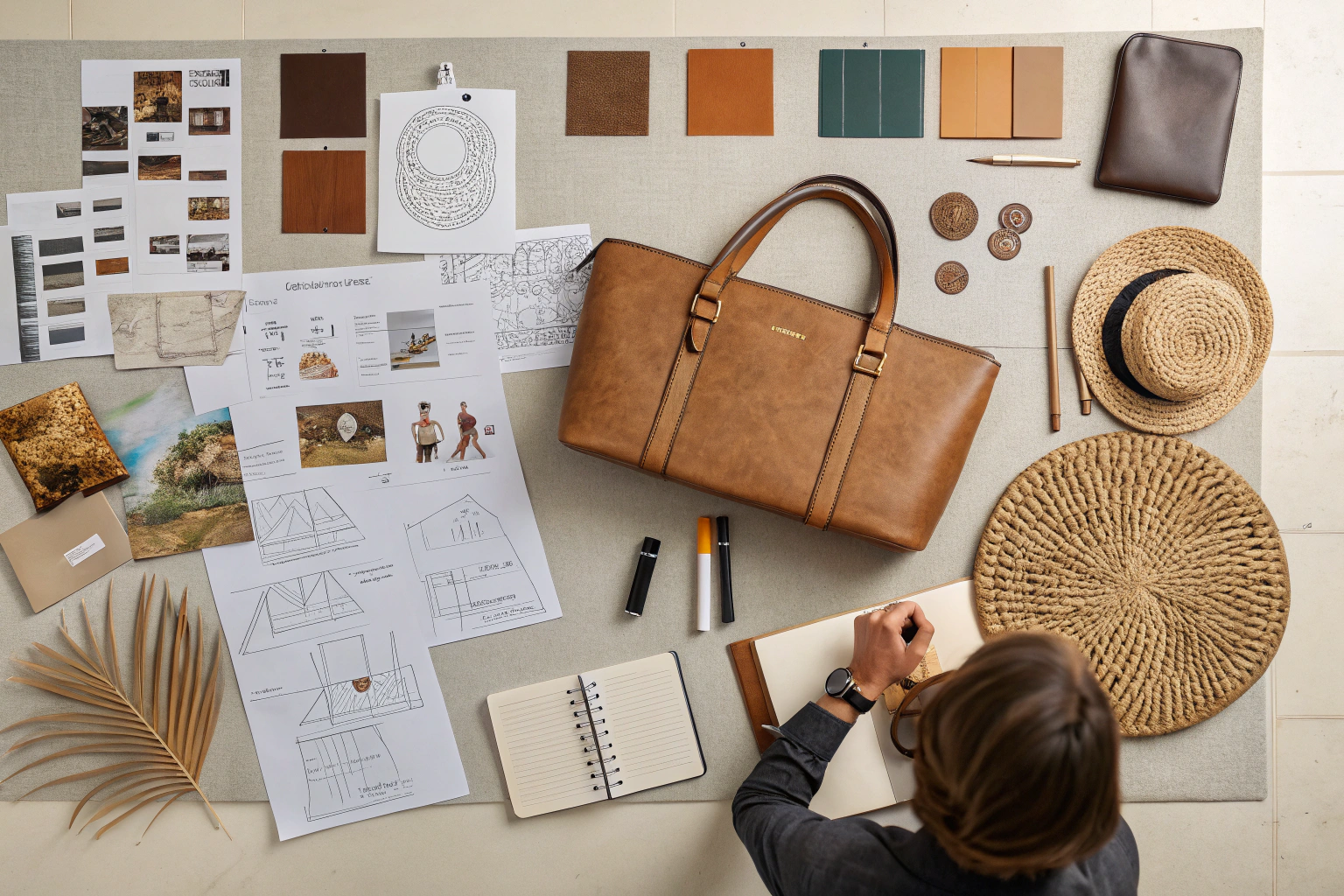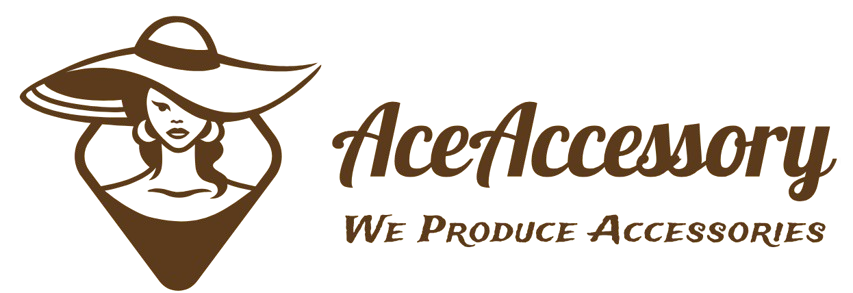In today's globalized accessory market, compliance isn't just a requirement—it's a make-or-break factor for brands expanding across borders. For importers in the U.S. or Europe, navigating local product safety regulations, labor standards, and sustainability certifications can be overwhelming. Failure to comply can mean customs delays, reputational damage, or even lawsuits.
At AceAccessory, we don't just manufacture fashion accessories—we make sure they're ready to thrive in your target market. Whether you're shipping to a U.S. department store or a European e-commerce platform, our Zhejiang-based team ensures your products meet all relevant standards from day one.
Our clients, from large-scale supermarket chains to boutique apparel brands, come to us not just for high-quality products, but for risk-free compliance. Below, I’ll walk you through exactly how we deliver that peace of mind—across regulations, audits, materials, and certifications.
What Certifications Are Required for Accessories in the US and EU?
Importers in different regions face varying regulations that demand strict compliance. If you're selling in California, Europe, or even children's retail in the U.S., your accessories need to meet specific standards.
At AceAccessory, we proactively manage compliance protocols by market. We work with third-party labs and local experts to ensure your accessories pass Prop 65, REACH, CPSIA, and more—well before they reach your customers.
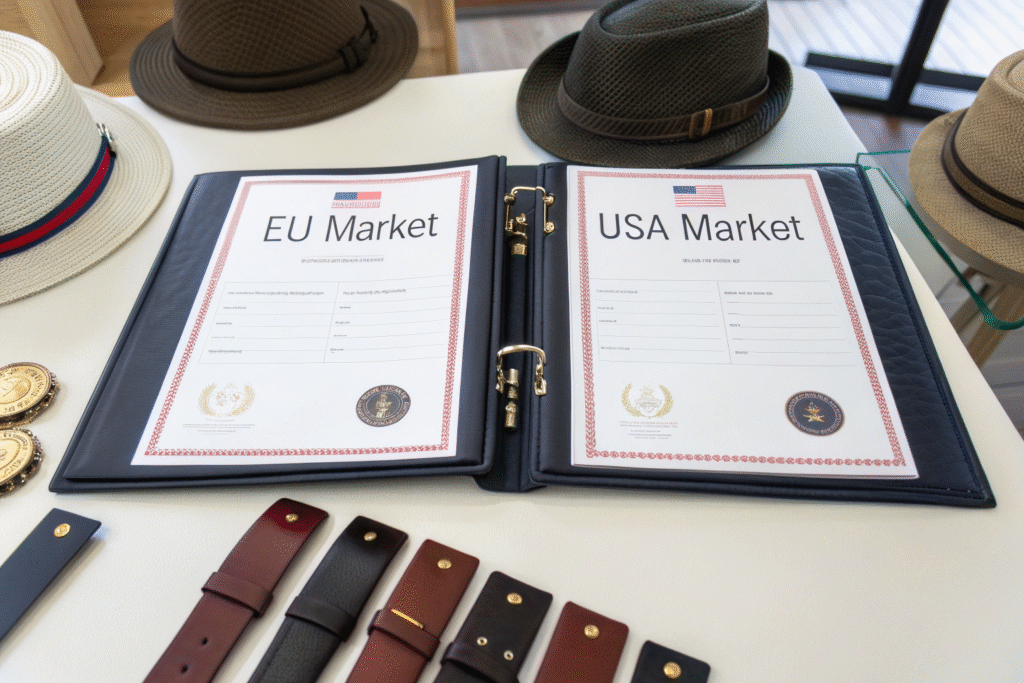
Our internal team regularly updates a compliance checklist mapped to each regulation so that buyers can receive instant documentation during production. This forward-thinking approach has helped many of our clients avoid expensive last-minute testing or clearance issues.
What Is California Proposition 65 and How Do We Help You Meet It?
California's Prop 65 limits exposure to over 900 harmful substances. Common violations in accessories include phthalates in plastic and heavy metals in metal trims.
We partner with certified labs such as SGS and Intertek to pre-test raw materials. For example, before using any PVC components in belts or hairbands, we ensure they are phthalate-free or clearly labeled if they exceed limits. We also offer pre-applied warning labels where required.
How Do We Help With REACH and CPSIA?
For the EU market, REACH compliance is crucial to avoid fines or entry refusals. We only use suppliers who can guarantee azo-dye free fabrics, low-lead metals, and chrome-free leather.
Meanwhile, if you're selling children's gloves or hats in the U.S., CPSIA requires safety testing on small parts, labeling, and flammability. We manage this through structured processes and child-focused QC tools, backed by CPSC guidance.
How Does AceAccessory Handle Factory Audits and Social Compliance?
Global clients increasingly require suppliers to meet ethical production standards, not just make good products. Passing social audits is now a precondition for doing business with big-box retailers and reputable online sellers.
Our Zhejiang-based factory is certified under BSCI and Sedex, with full transparency in labor, safety, and management systems. We support our clients through every audit with preparation, documentation, and team alignment.
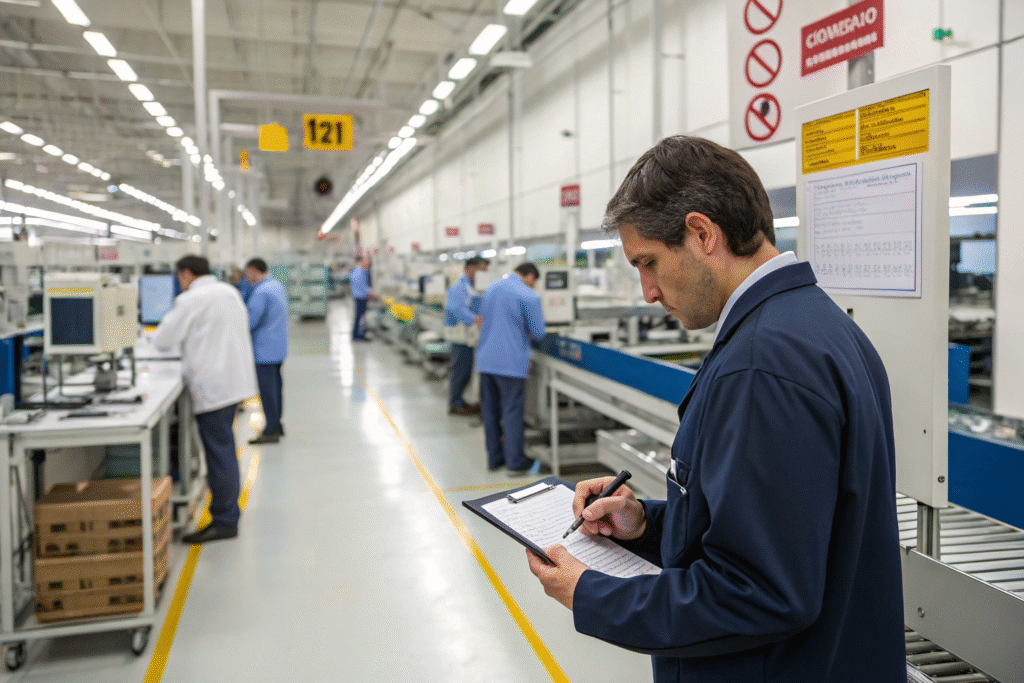
Our project managers help you align production timelines with audit schedules and even join during on-site visits or video calls to clarify compliance criteria.
Can Clients Request Their Own Third-Party Audit?
Yes, and we welcome it. Most of our major clients use amfori BSCI or Sedex to book third-party audits. We host these smoothly by preparing all documentation, holding internal mock checks, and conducting weekly compliance training with staff.
We also offer post-audit support, helping implement any improvements suggested by the inspector.
How Do We Align with Ethical Sourcing Expectations?
Beyond legal compliance, we support your brand values. We implement no-forced-labor policies, overtime pay records, and regular health checks for all workers.
We document this through grievance logs, employment contracts, and internal HR dashboards—ensuring that when your client asks for proof, we’re ready.
How Is Material Traceability Managed in Our Supply Chain?
Knowing where your products come from is more than a marketing pitch—it’s a legal and ethical necessity. Buyers today demand documented traceability, especially in categories like eco-friendly fashion and sustainable packaging.
AceAccessory offers traceability documentation for every material batch—from the cotton yarn in a headband to the resin used in a hair clip. We also source from certified upstream vendors aligned with global standards like GRS, OEKO-TEX, and FSC.
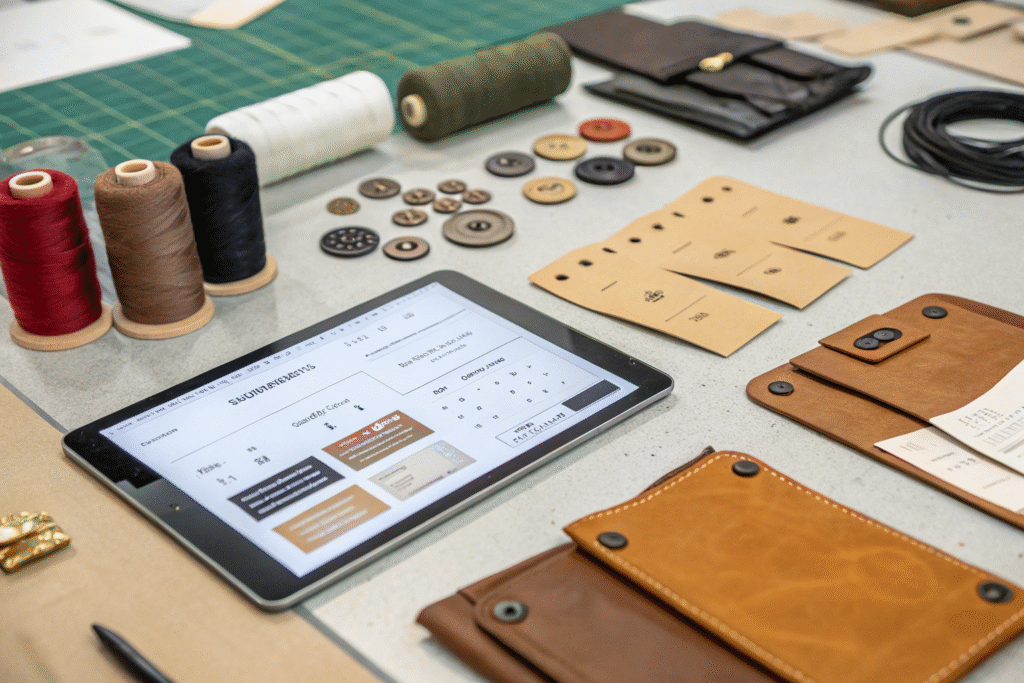
By integrating these into our ERP system, we ensure you get digital files for every PO, reducing customs inspection risks and increasing your brand credibility.
Can We Offer GRS, OEKO-TEX, or FSC Certified Inputs?
Yes, and we have strong vendor networks to support this. Our suppliers regularly provide GRS-certified recycled polyester, OEKO-TEX Standard 100 textiles, and paper packaging with FSC seals.
We can also co-brand labels and tags with your company logo and certification number to enhance consumer trust.
How Do We Share Documentation With Clients?
All traceability reports, lab certificates, and material COAs are uploaded to a dedicated Google Drive or Notion workspace. These are updated in real-time and accessible by your team with one-click access, improving supply chain agility and document control.
What Logistics and Labeling Requirements Are Pre-Handled?
Even if your product passes every test, it can still be held at customs for incorrect labeling or documentation. That’s why logistics compliance is the final—and crucial—stage we help you with.
AceAccessory offers full-service labeling, carton marking, barcode generation, and DDP shipping options—all tailored to the destination market’s laws.
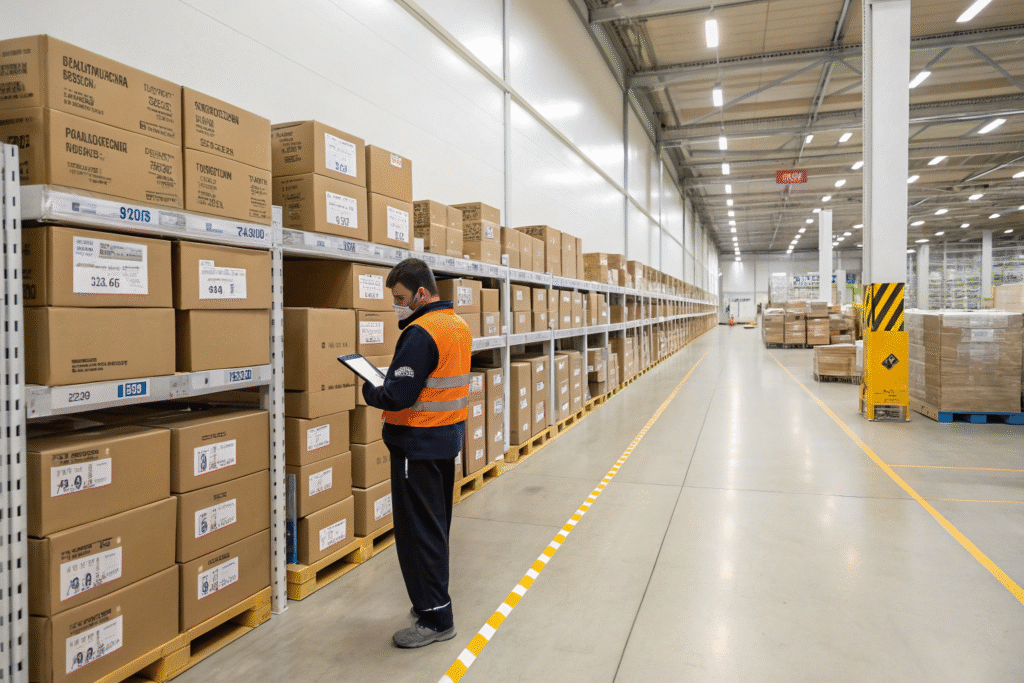
Our team handles everything from GTIN barcodes to suffocation warnings, helping you avoid delays or returns.
How Do We Handle HTS Code Classification?
Each accessory is assigned a Harmonized Tariff Schedule (HTS) code based on its composition and function. For example, we classify leather belts under 4203.30.0000, while knit gloves may fall under 6116.10.5520.
We cross-check codes using HTSUS and provide them on invoices and packing lists to streamline customs clearance.
Do We Offer DDP (Delivered Duty Paid) Service?
Yes, particularly for clients shipping to the U.S. or Europe with no local office. Our freight partners ensure all duty pre-payments, safety declarations, and carton labeling meet customs requirements.
We also support sellers on Amazon FBA by aligning with their specific packaging, barcode, and prep protocols.
Conclusion
Navigating product compliance is complex—but when you partner with the right supplier, it becomes effortless. At AceAccessory, we see compliance as part of our promise to you. Whether it’s REACH testing, BSCI audit prep, or barcode placement, we deliver peace of mind alongside your accessories.
If you're sourcing for retail, e-commerce, or supermarket shelves and need a partner who’s as serious about compliance as you are, contact our Business Director Elaine at elaine@fumaoclothing.com. Let us help you launch your next product line with confidence and control.
